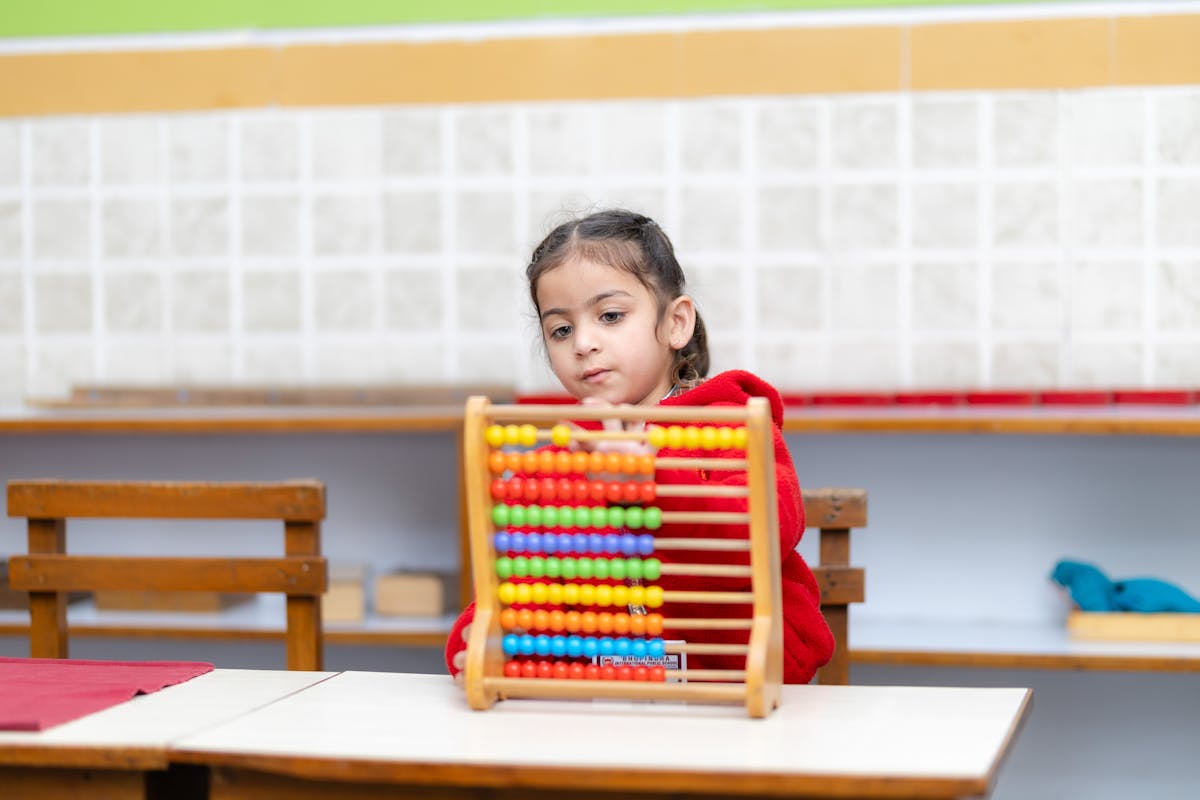
Exploring Independence With Your Children
Independence is a vital part of growing up. From tying their own shoelaces to making decisions about their future, children need gradual, age-appropriate opportunities to practise independence and build confidence in themselves. As parents, our instinct is often to protect and support—but learning when to step back is just as important as knowing when to step in.
Whether your child is in the early years or approaching their teens, encouraging independence helps them develop resilience, decision-making skills, and a strong sense of identity. At a Private School in London, nurturing independence is often woven into both academic and pastoral care, encouraging students to become self-motivated, curious, and responsible learners. But much of that journey begins at home.
- Start Small and Build Gradually
Young children can begin practising independence with simple daily tasks—getting dressed, packing their school bag, or helping to prepare meals. These seemingly minor responsibilities teach valuable lessons in organisation and accountability. Praise their efforts, not just the end result, to build confidence and reinforce positive habits.
- Give Them Choices
Allowing children to make decisions gives them a sense of control and ownership. Offer limited choices to younger children (“Would you like the blue top or the red one?”) and gradually introduce more complex decisions as they grow. This helps develop critical thinking skills and encourages them to reflect on consequences in a safe, supportive environment.
- Encourage Problem-Solving
When your child faces a challenge—whether it’s a disagreement with a friend or a tricky piece of homework—resist the urge to fix it immediately. Instead, ask open-ended questions like, “What do you think you could do?” or “Have you tried something else?” This teaches them to think creatively and develop perseverance.
- Create a Supportive Framework
Independence doesn’t mean leaving children to figure everything out alone. It’s about providing guidance, setting clear boundaries, and gradually giving them more responsibility. At a Private School in London, for example, students are often encouraged to take the lead in projects, manage their schedules, and explore personal interests within a structured, nurturing environment.
- Celebrate Growth, Not Perfection
Learning independence involves mistakes—and that’s okay. Use setbacks as learning opportunities and celebrate progress over perfection. Your encouragement and trust help children feel capable, even when things don’t go to plan.
Final Thoughts
Exploring independence with your child is a shared journey. By supporting their steps—whether big or small—you’re helping them grow into confident, capable individuals ready to navigate the world. Whether at home or within the enriching environment of a Private School in London, every opportunity to learn, decide, and lead brings your child one step closer to independence.


